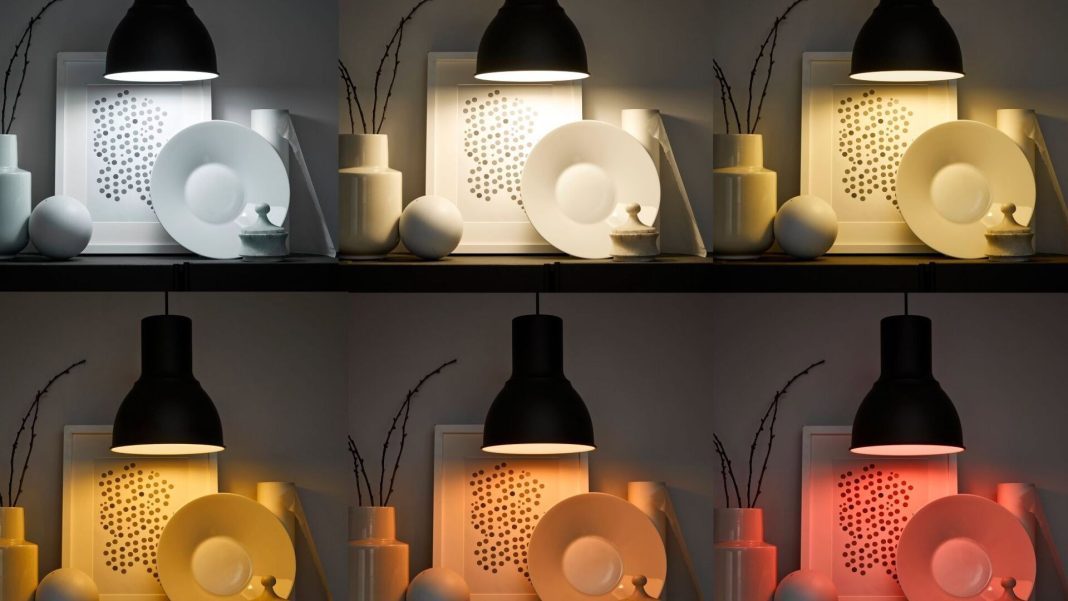The vision of a fully interconnected smart home, where lights dim with a voice command, thermostats adjust to your routine, and blinds open with the sunrise, has long captivated the Indian consumer. However, the reality often presents a fragmented landscape of incompatible devices, complex setups, and premium price tags. This intricate barrier to entry has kept smart home technology largely confined to early adopters and tech enthusiasts. Enter IKEA, the Swedish furniture giant known for its democratic design and flat-pack solutions, now poised to disrupt this status quo with its new Matter-compatible smart home line, aiming to democratise smart living for the Indian masses.
IKEA’s strategic move is particularly pertinent in India, a market characterised by a rapidly expanding middle class with a growing appetite for technology and convenience, yet also a strong emphasis on value for money. By embracing Matter, a new universal standard for smart home devices, IKEA is not just introducing new products; it’s fundamentally simplifying the entire smart home experience, making it more accessible and intuitive than ever before.
Demystifying Matter: The New Universal Language of Smart Homes
At the heart of IKEA’s new smart home initiative is Matter, a groundbreaking industry-wide connectivity standard developed by the Connectivity Standards Alliance (CSA). Imagine a world where your smart light bulb from one brand can effortlessly communicate with a smart speaker from another, or a thermostat from yet a third, all without the need for multiple apps, hubs, or complex integrations. That’s the promise of Matter.
Currently, the smart home ecosystem is a labyrinth of proprietary protocols and ecosystems – Apple HomeKit, Google Home, Amazon Alexa, Tuya, and countless others. This fragmentation forces consumers to either commit to a single brand’s ecosystem or navigate the frustrating waters of compatibility issues. Matter eliminates this headache by providing a unified, IP-based protocol that allows devices from different manufacturers to “speak the same language.” For the Indian consumer, this translates directly into peace of mind: the freedom to choose devices based on features and price, rather than brand loyalty dictated by compatibility.
IKEA’s new Dirigera hub, the successor to its Trådfri gateway, is central to this Matter-enabled future. It acts as the brain of your IKEA smart home, not only connecting IKEA’s own devices but also serving as a bridge for other Matter-compatible products. This forward-looking approach ensures that investments in smart home technology are future-proof, allowing homes to evolve with new innovations without becoming obsolete overnight.
IKEA’s Strategic Play for the Indian Market
IKEA’s brand philosophy of offering well-designed, functional, and affordable home solutions resonates strongly with the Indian consumer. Their foray into Matter-compatible smart home devices isn’t just an extension of their product line; it’s a natural evolution of their commitment to enhancing everyday living. The focus is on practical, easy-to-install solutions that integrate seamlessly into existing home environments, rather than complex, high-end gadgets.
The new line includes an array of essential smart home products: smart lighting (bulbs, panels, and light strips), smart blinds, smart air purifiers, and smart plugs. These are not niche products but items that offer tangible benefits in typical Indian households – from optimising lighting for various activities and saving energy to enhancing air quality and managing appliances remotely. The emphasis is on simplicity in setup and use, a critical factor for wider adoption in a market where technical complexities can be a significant deterrent.
Furthermore, IKEA’s established retail presence and supply chain in India give it a considerable edge. Customers can experience the products firsthand in IKEA stores, receive assistance with selection, and benefit from the brand’s reputation for customer service. This integrated approach, combining physical presence with an emphasis on user-friendly technology, positions IKEA to capture a significant share of the nascent but rapidly growing Indian smart home market.
“We believe smart home technology should enhance daily life seamlessly, not complicate it. With Matter, and our focus on intuitive design and affordability, we’re making that vision a reality for more Indian homes,” says a spokesperson for IKEA India, highlighting the brand’s commitment to accessibility.
Affordability Meets Innovation: The Future Ahead
The true genius of IKEA’s strategy lies in its ability to marry affordability with cutting-edge innovation. While premium smart home solutions often come with prohibitive price tags, IKEA’s legacy of cost-effective design ensures that its Matter-compatible range will be priced competitively. This makes smart home technology attainable for a much broader segment of the Indian population, moving it from a luxury item to an everyday convenience.
By lowering the barrier to entry through ease of use and affordability, IKEA is poised to accelerate the mainstream adoption of smart homes in India. This shift has the potential to transform urban and even semi-urban living, allowing more individuals to experience the benefits of energy efficiency, enhanced security, and personalised comfort that smart homes offer. As the Matter standard gains wider industry adoption, IKEA’s early commitment ensures its products will remain relevant and integrable within an ever-expanding ecosystem, offering a sustainable path for consumers to build their smart homes incrementally.
In conclusion, IKEA’s foray into Matter-compatible smart home technology is more than just a product launch; it’s a strategic move to redefine accessibility in the smart home arena, especially within the dynamic Indian market. By simplifying complexity and prioritising affordability, IKEA is not just selling smart devices; it’s selling the promise of a smarter, more convenient, and ultimately, a more harmonious home for everyone.




